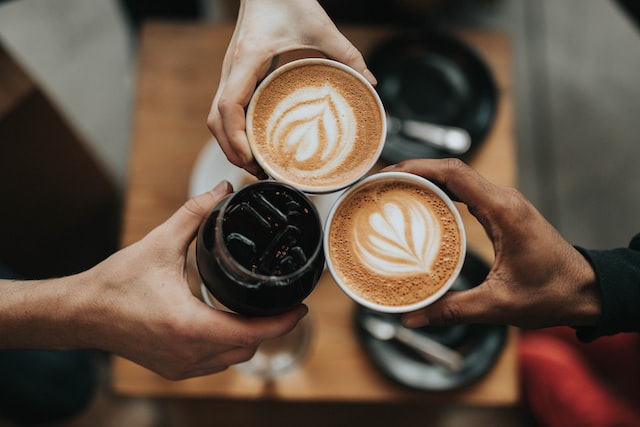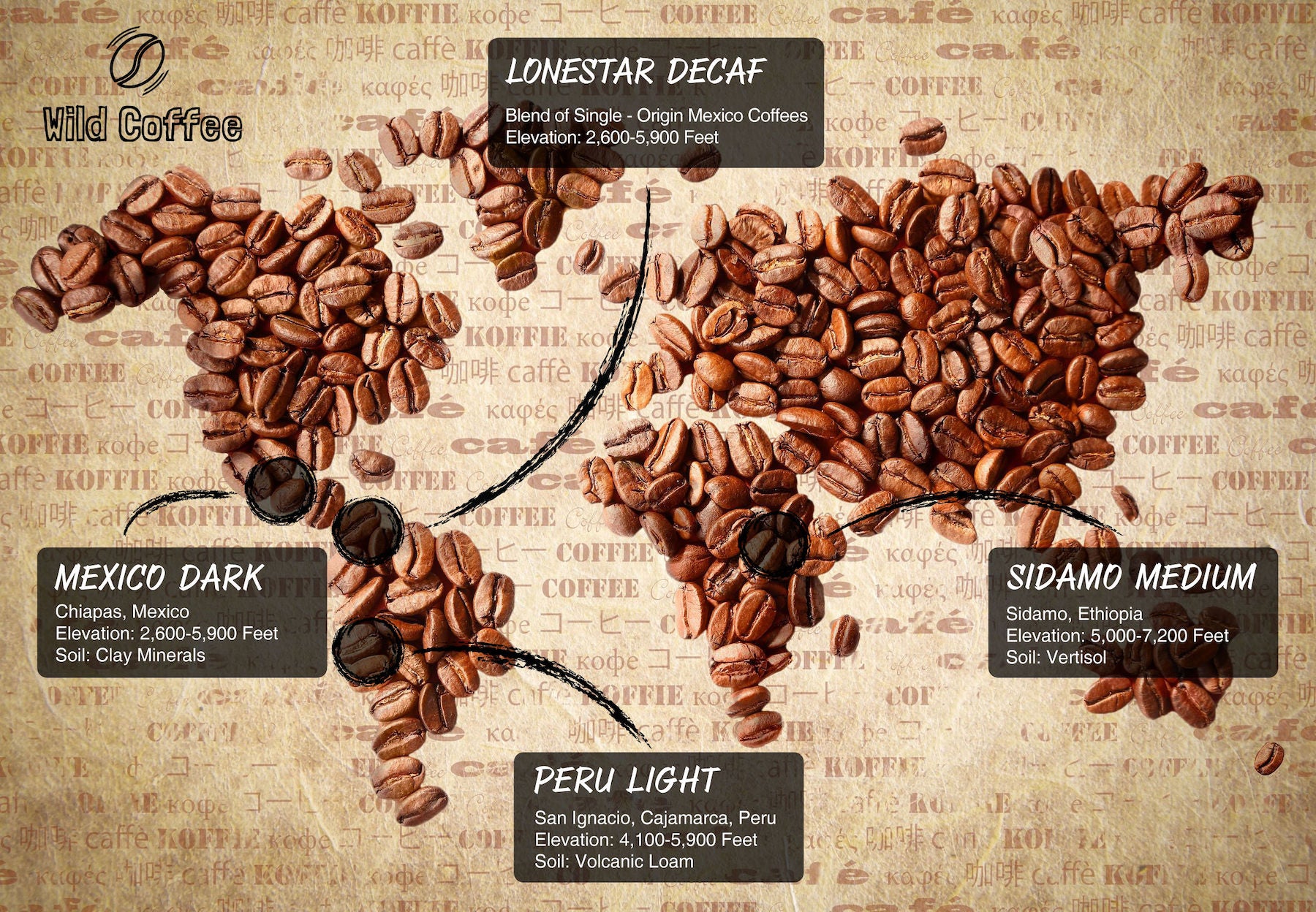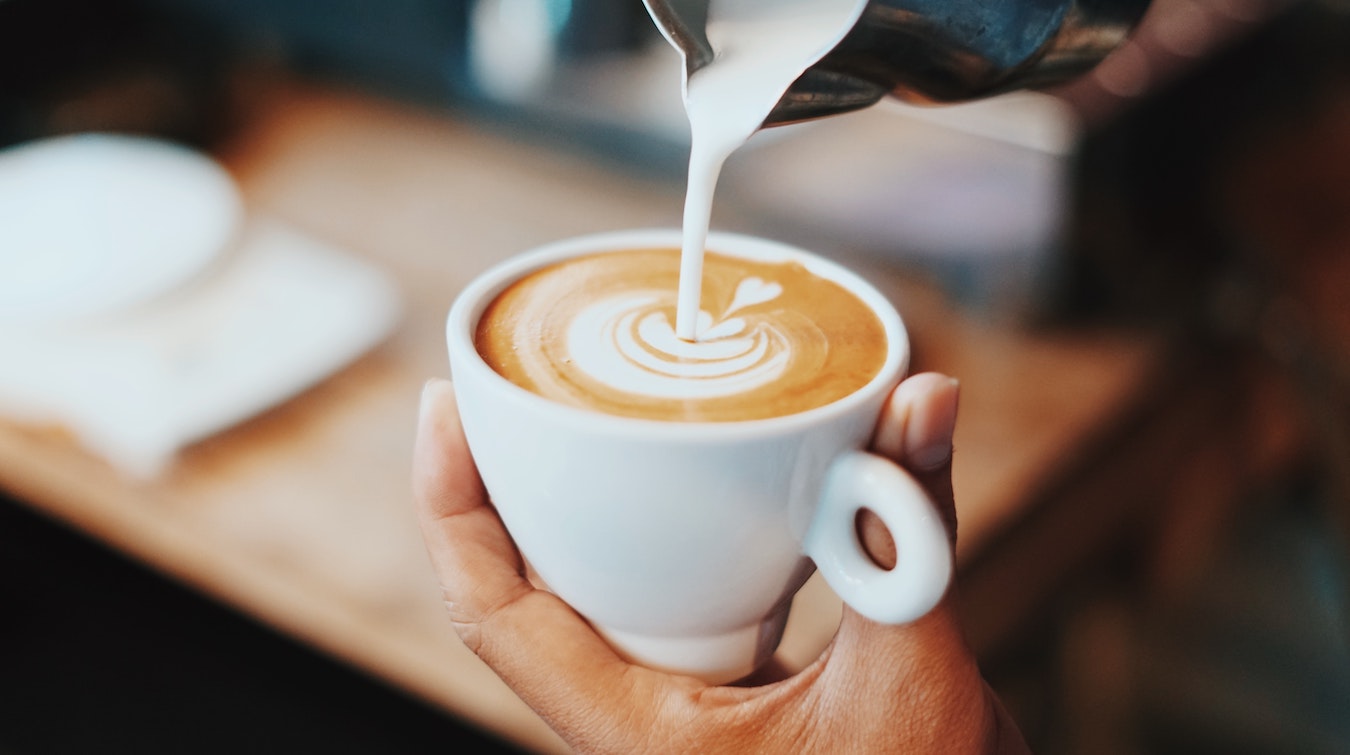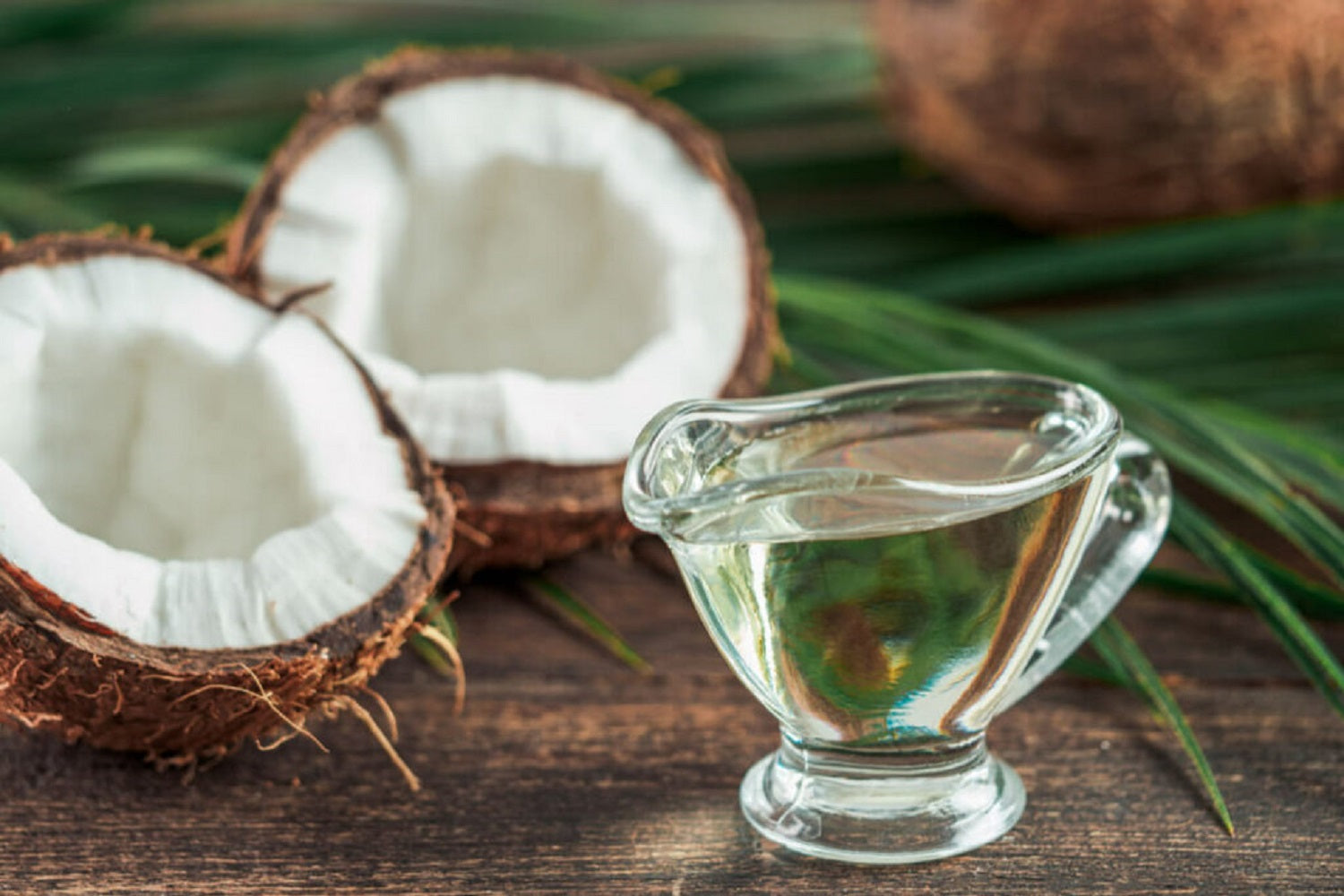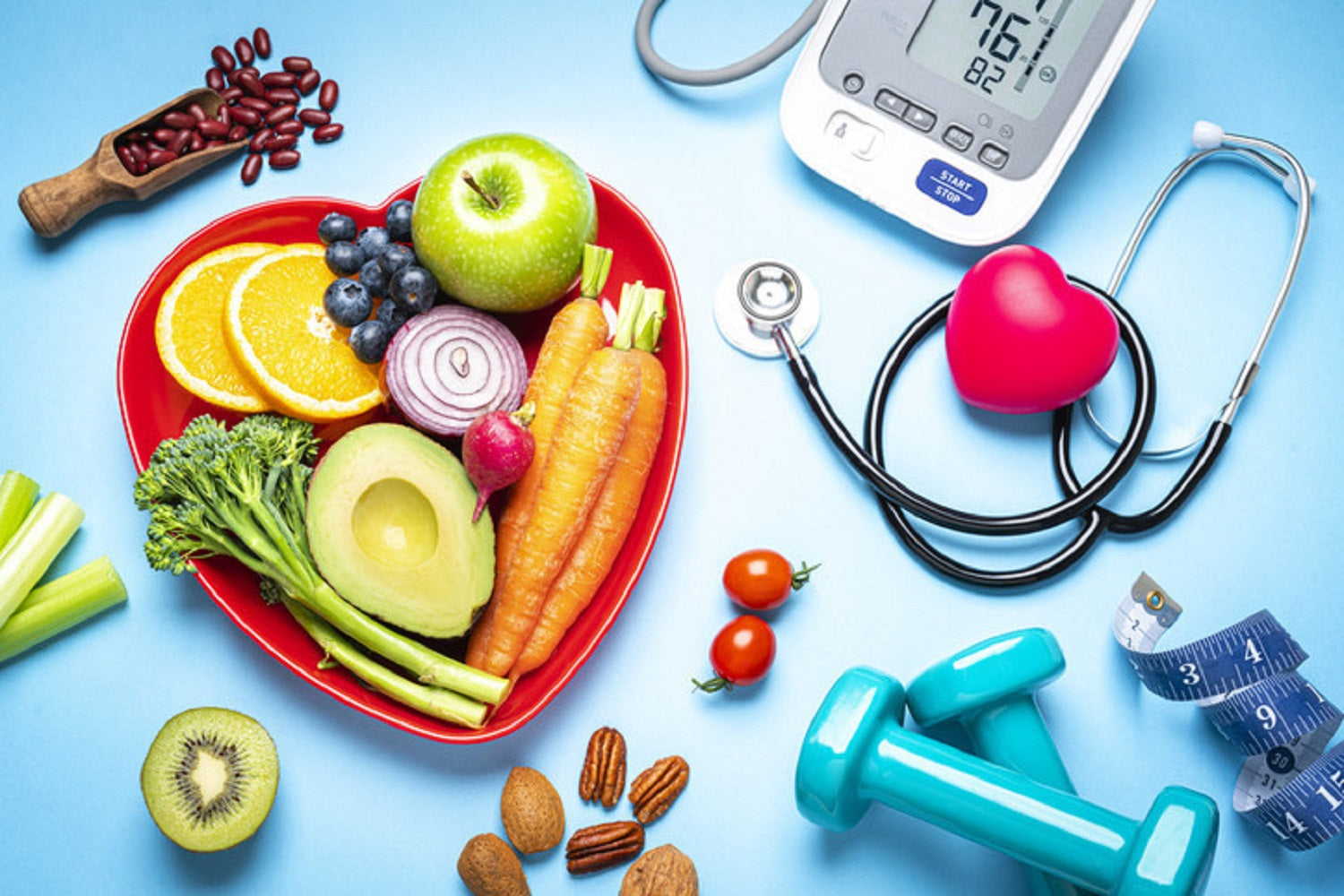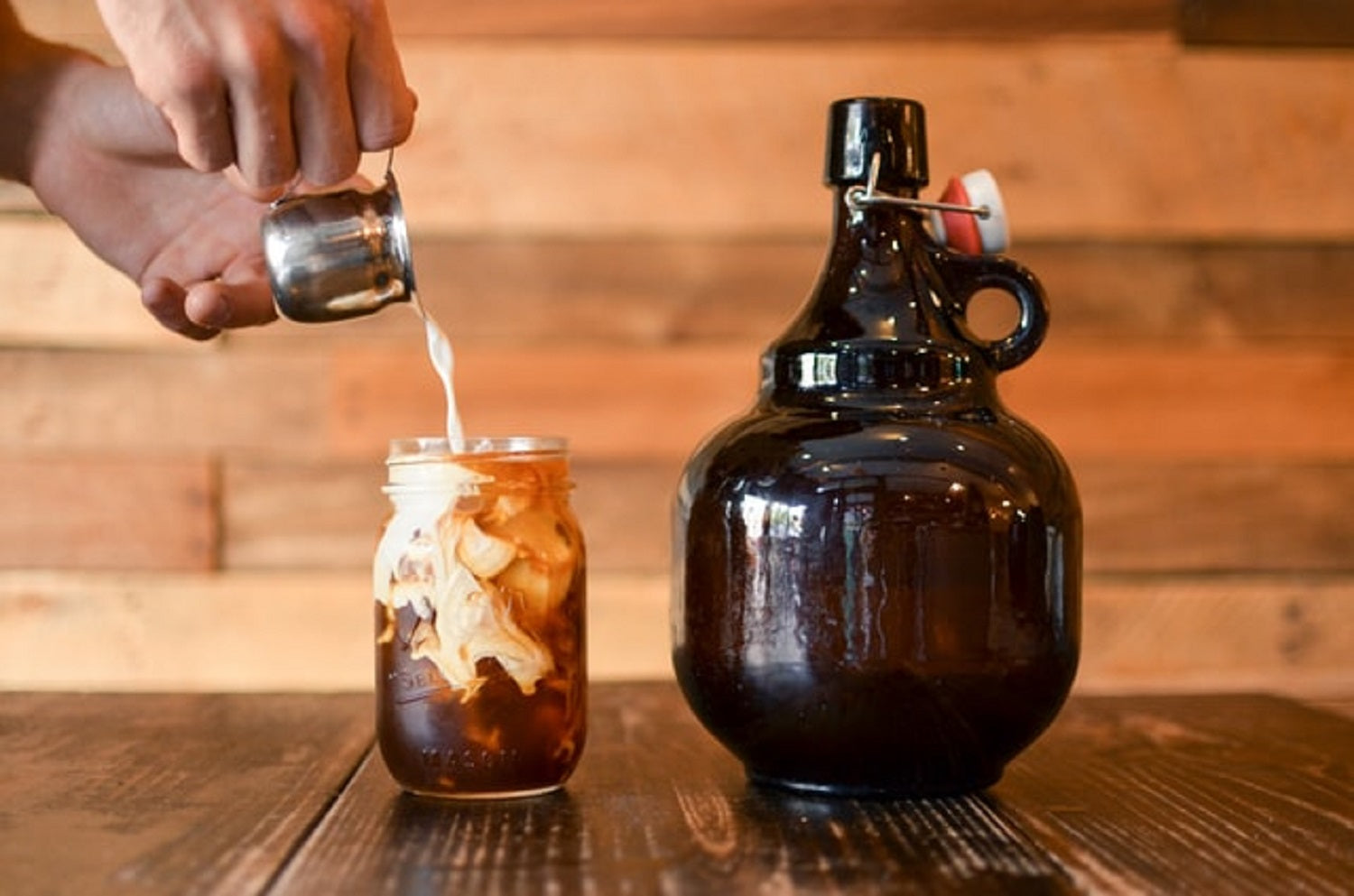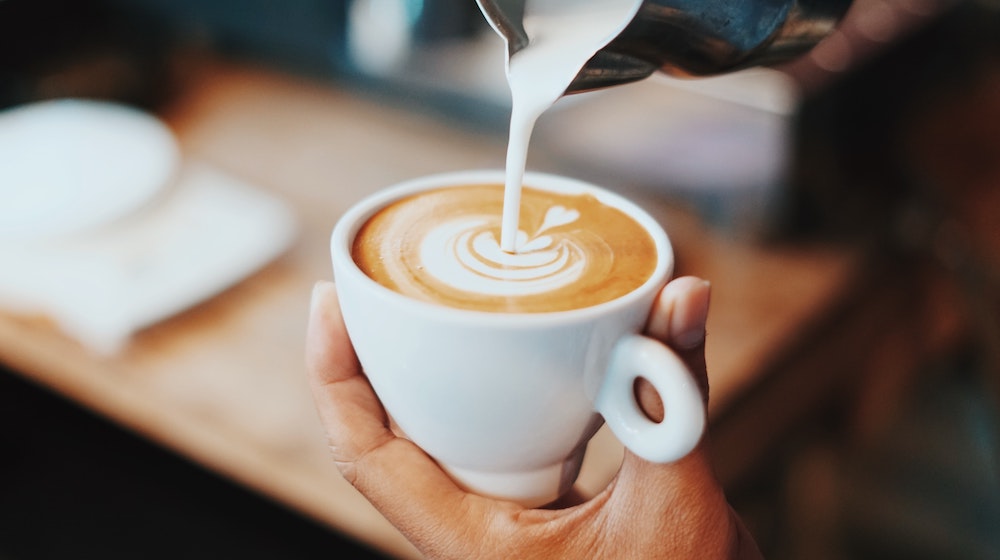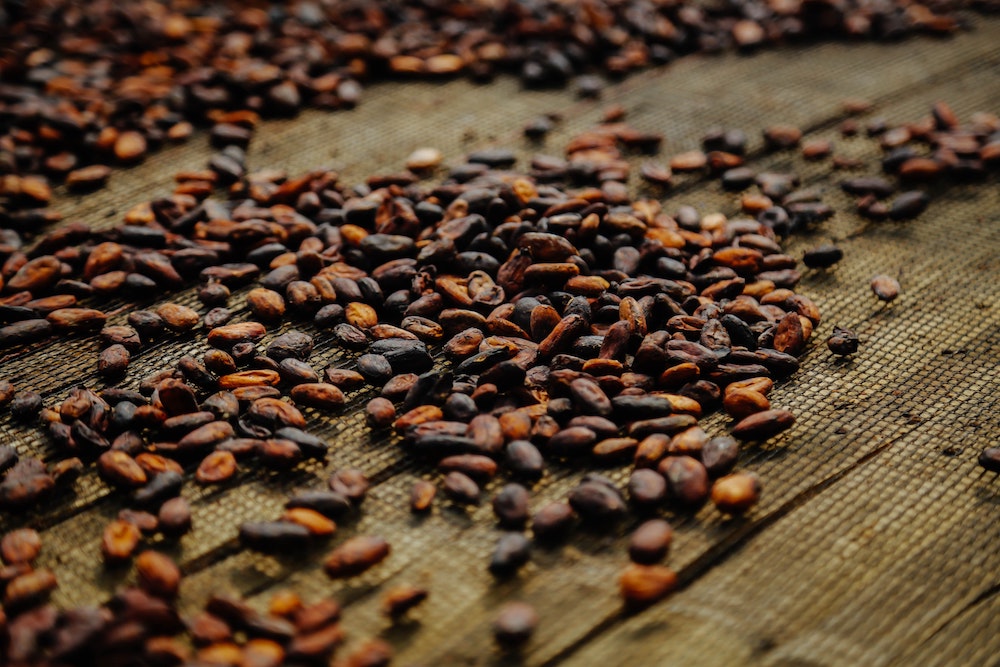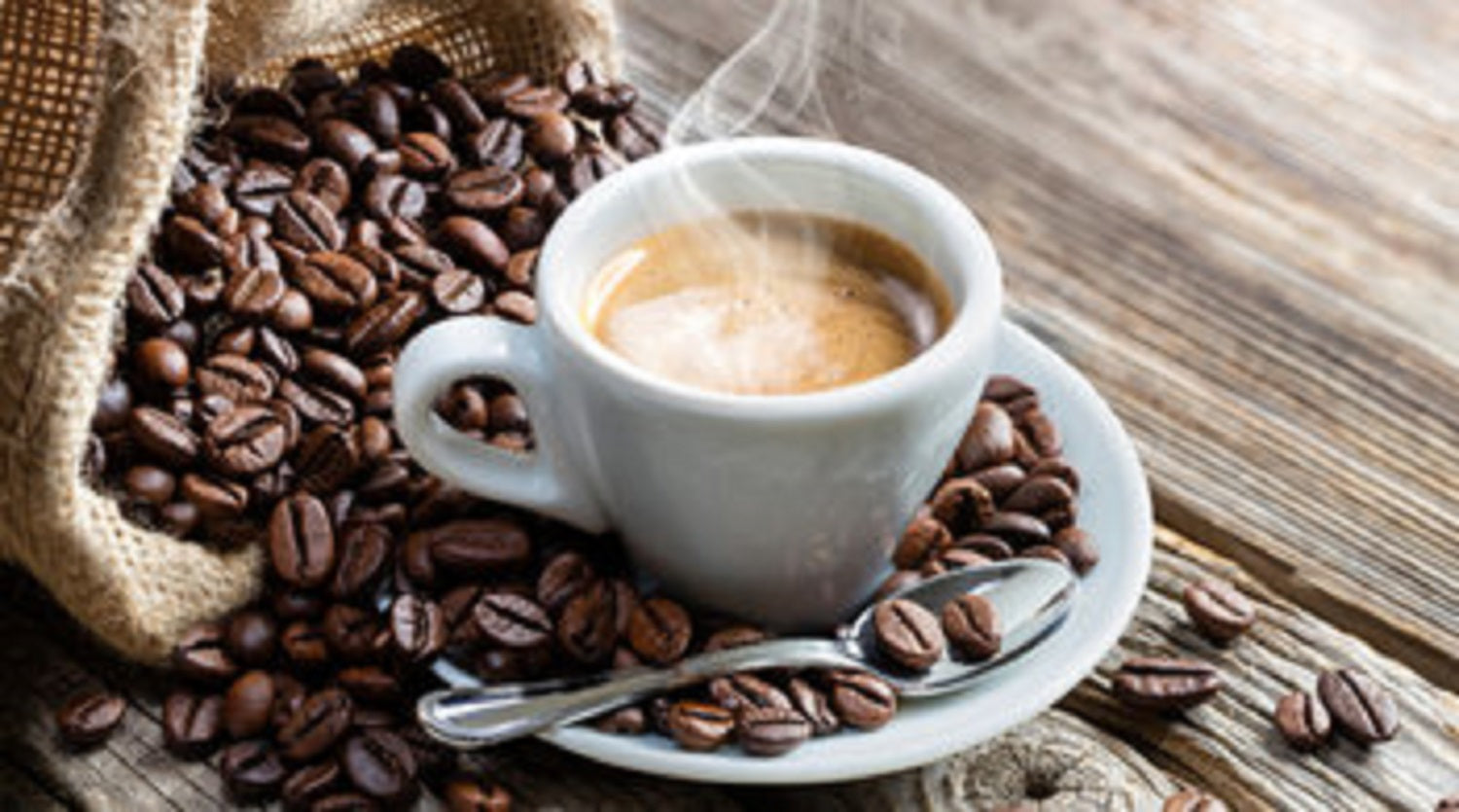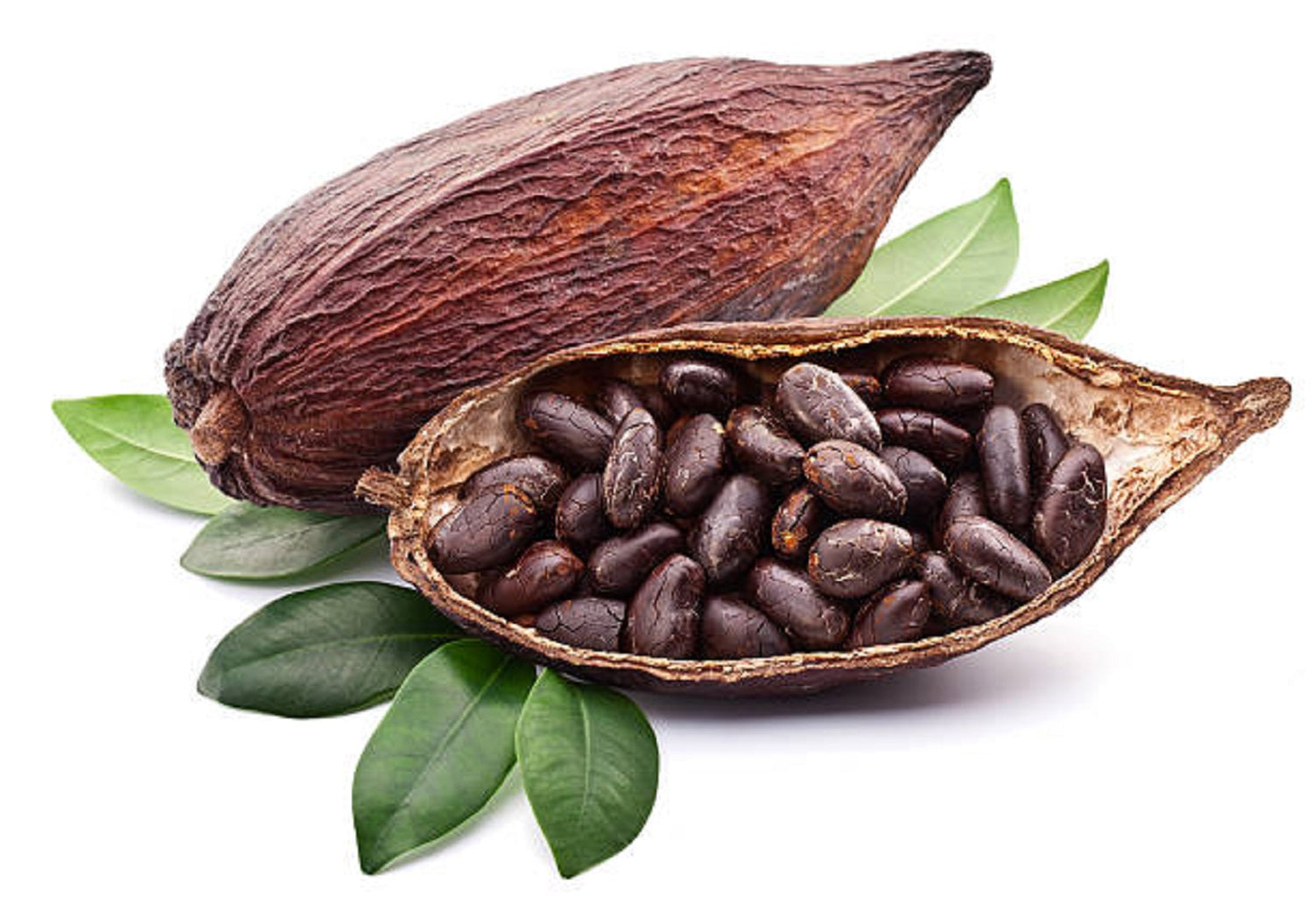Wild Blog
-
In this article, you'll learn how to use coffee as a weight loss strategy while staying safe by only consuming the recommended amount.
-
Might be illustrative to my take on the whole coffee and mold issue. Finally, my main point is to self-test.
-
Determining whether your coffee is vegan-friendly is straightforward. All plain black coffee is vegan since it comes from plant seeds roasted to give us the beloved aroma and flavor. No animal products are involved in this process. However, many creamers...
-
It's more than just caffeine content when it comes to comparing coffee beans. Let's find out the differences.
-
Protein coffee is a type of coffee that's been enriched with protein powder. This article discusses the benefits of protein coffee and how to make it.
-
MCT oil can aid in weight loss by reducing calorie intake and promoting fat burning. MCT oil is an excellent energy source that improves athletic performance, boosts mental focus, and may assist in managing neurological conditions like epilepsy and Alzheimer's. It promotes gut health by improving microbiome balance, combating...
-
Learn how your health is your journey and not a destination. Plus, find out how to build a habit foundation to never quit.
-
Check out these four odd tricks to make an amazing cold brew coffee using Wild Foods signature Swiss water-processed decaf coffee.
-
This guide takes a look at the research on coffee and lifespan to help you answer the question: Do coffee drinkers live longer?
-
Wondering why coffee is good for you? Check out these five reasons why coffee is a great addition to your diet.
-
Looking for a sustainable coffee alternative? Check out these five coffee substitutes that will give you the sustainable energy you need.
-
Should coffee be a dietary restriction for those suffering from kidney disease? We take a closer look into the research.
-
Coffee was first eaten as a food by nomadic mountain warriors of the Galla tribe in Ethiopia sometime between 575 and 850 A.D. This was before coffee was made into a beverage around 1000-1300. Coffee beans were originally crushed and...
-
Cocoa powder has long been one of the most revered plant products. Aside from its rich beverage use, it also has a rich history, myths, and value.
-
We plan to expand it to be even bigger in the future as the Wild library of recipes continues to grow!
-
The guys from a new podcast called Fighter’s Drinking Coffee reached out to me recently about a possible sponsorship deal.
-
Today I cover the benefits of intermittent fasting. It has changed my life and the results are common. IF can be life-changing.
-
We all know that our cup of coffee can get us moving in the morning, but how long does that quick energy boost really last
-
Looking for a delicious way to get your daily collagen? Check out this recipe for Wild Collagen Coffee!
-
This guide covers the basics of intermittent fasting in the morning and why it's a good way to start your day.
